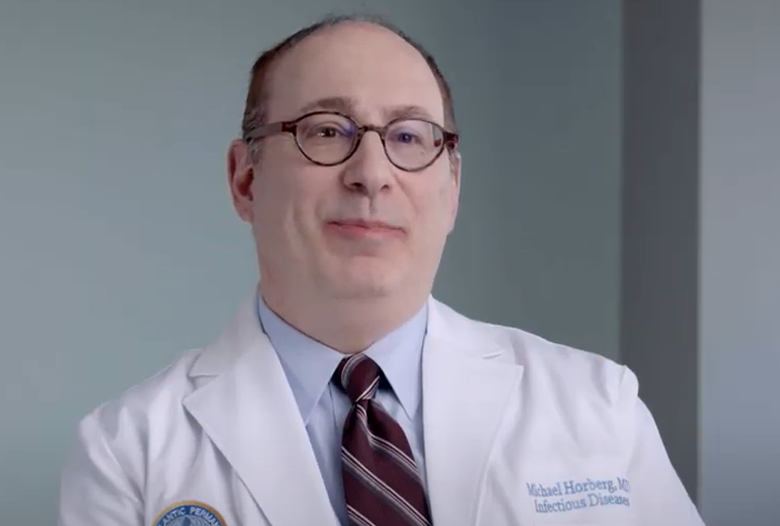Society seems ready to begin treating COVID-19 as an endemic ailment that no longer requires the most dire pandemic-prompted precautions.
And while one D.C.-area infectious disease specialist is encouraged by all that’s been learned and accomplished, he believes maintaining vigilance is key.

“Know that the research will continue — that this is an active area of medical research and science. And yes, we don’t have probably all the final answers now, but we have a lot of them,” said Dr. Michael A. Horberg, associate medical director of Kaiser Permanente Mid-Atlantic Permanente Medical Group.
Encouraging signs include the vaccines, effective medicines and an improved ability to track what’s happening.
“We now even have treatments for people when they do get infected before they need to be hospitalized, PAXLOVID, some of the monoclonal antibodies, and we have much better surveillance methods and prediction methods so that we can see these things in advance,” he said.
Recalling how life and routines resumed in the wake of other viruses of sweeping impact, such as the Spanish flu, Horberg expects society will rebound while monitoring developments closely.
“Does that mean that we would never go back to a pandemic stage? No, we can’t guarantee that,” he said. “But we do the most we can by getting everyone vaccinated, by masking in large crowds, by staying home if you’re sick and getting yourself tested.”
“Those are the things we can do to keep it at an endemic level and prevent it from again having another great surge.”
Noting that diligent hand-washing helps protect against other infections in addition to COVID-19, Horberg emphasized the need for COVID vaccinations and booster shot follow-ups.
Just over 65% of the U.S. population is fully vaccinated; of those, 44.1% have received recommended booster doses, while an additional 49% are eligible for boosters.
Horberg finds it frustrating that more people aren’t doing all they can to keep COVID-19 in check, but he wants the fight to continue, and for people to never miss an opportunity to educate others or take care of themselves or their communities.
Based on previous experience, he remains hopeful.
“Just because you’ve refused so far doesn’t mean you’ll refuse later on. We see this in other diseases: People who aren’t really taking care of their diabetes or their asthma, suddenly they begin to take care of it,” he said.
Horberg said he’s seen it in his work with HIV.
“There are people who were resistant for a long time to start medications. But once they did and started feeling better, they’re strong converts to the cause,” he said.
And a last bit of advice from Horberg is for survivors of COVID-19 to follow up with their doctors to make sure they’re not suffering longer-term post-COVID conditions.
- Sign up for WTOP alerts
- Latest coronavirus test results in DC, Maryland and Virginia
- Latest vaccination numbers in DC, Maryland and Virginia
Looking for more information? D.C., Maryland and Virginia are each releasing more data every day. Visit their official sites here: Virginia | Maryland | D.C.








